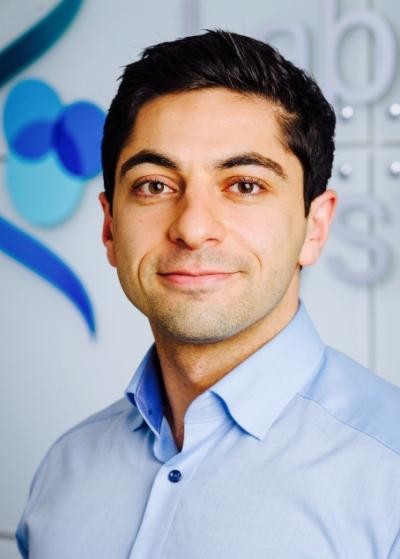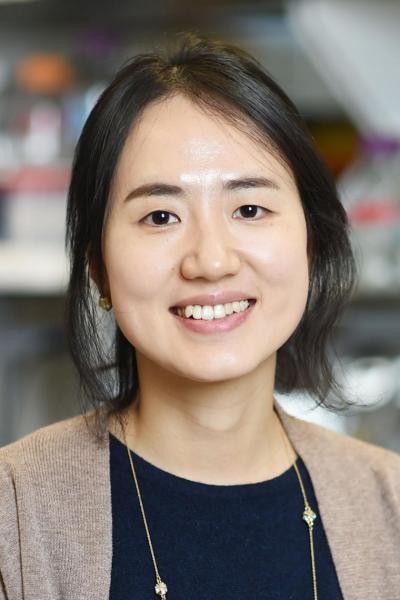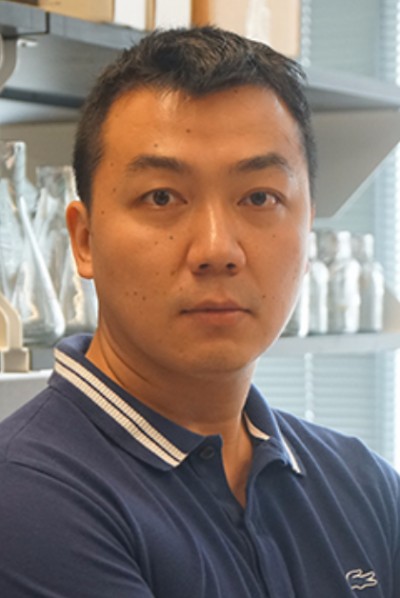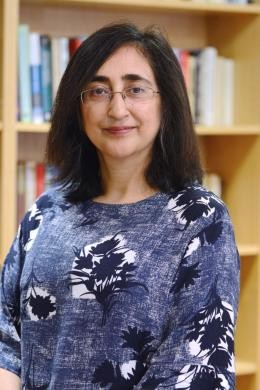2019 VELOCITY FELLOWS
 |
Benjamin Izar, MD, PhD is developing immunotherapies–harnessing the body’s own capacity to fight off illness–against a variety of cancers, with an emphasis on melanomas. One of the signature, pernicious elements of cancer is that not only does it grow malignant cells at a rapid rate – it also compromises the body’s immune system, making it difficult and often impossible for our bodies’ natural capacity to fight off illness to function. Dr. Izar’s work focuses on harnessing and targeting our own cells’ ability to fight cancer. He and his colleagues are working at the cellular, molecular and genetic level to learn more about the mechanisms by which cancer impedes our immune systems, and are seeking out ways to slow, stop and even reverse that process. Dr. Izar studies single cancer cells, gleaning information about their origins and growth that would have been unimaginable even a few years ago – and is using that new knowledge in the service of better and more effective treatments for patients. One especially promising area of his research involves the connection between a particular type of lung cancer (non-small cell lung cancer, or NSCLC) and the metastasis of that cancer to the brain, which can be uniquely devastating. |
 |
Minah Kim, PhD is studying the relationship between cancerous tumors and the blood vessels that grow to feed them – and is looking for ways to inhibit that process. One way to think of tumors is as rogue organs in the body – they are malignant, but require and seek the necessities of life that any other organ would. That includes blood vessels – unimpeded, the tumor will build out a network of them, to supply it with oxygen and nutrients as it grows. Dr. Kim’s work is focusing on stopping the development of those blood vessels – starved of blood, the tumor will not be able to grow. Her recent work has looked at the interaction of T cells – a type of white blood cell that protects the body from infection, and helps it fight cancer – and some melanoma cells, which have the capacity to divert the T cells. Functionally, then, cancer cells with this T cell exclusion element prevent the body’s natural response to malignant cells, and do not allow the body to repair itself. Dr. Kim is expanding our knowledge of the interaction of these cells, then, and looking for novel ways to inhibit this T cell exclusion, to reactivate the body’s own capacity to fight malignancies. |
 |
Chao Lu, PhD is studying how proteins interact, and how those interactions are disrupted in cancer cells. Our cells and the proteins in them use intricate processes to pass along their genetic information – and in cancer, that communication process goes awry. Understanding the mechanisms by which these cancer cells communicate and replicate is the necessary step before stopping those mechanisms. Initial studies in Dr. Lu’s lab have focused on a particular cancer known as multiple endocrine neoplasia type 1 – or MEN1 – a cancer for which drugs are already in clinical trials. The working hypothesis would be that, if the mechanism that Dr. Lu’s lab has identified can be inhibited in MEN1, this knowledge may be applicable or have the capacity to be modified for other cancers as well. |
 |
Parisa Tehranifar, DrPH, is studying the potential overuse of screening mammography in older women, and how this may lead to health care disparities in our population. Susceptibility to breast cancer runs across all demographic groups, but women from historically underserved communities have lower rates of breast cancer detection, are less likely to receive appropriate treatment, and have poorer survival. Dr. Tehranifar’s work focuses on the contribution of emerging medical interventions as a source of these sorts of health care disparities, and her Velocity-funded work studies breast cancer screening, and the potential overuse of screening mammography in older women. Her interdisciplinary team includes experts in behavioral and implementation science, primary medicine, radiology, and community education and cancer patient advocacy, and the Velocity research provided the necessary pilot data for the team to receive an R01 grant from the National Cancer Institute. |


Get The Word Out